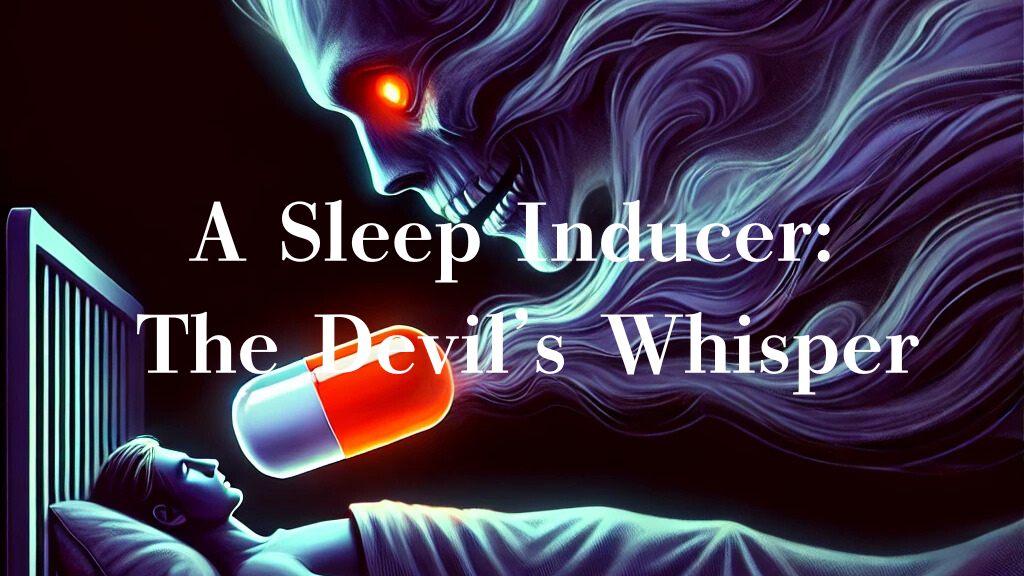Last night, I got into bed at 10 PM as usual, but no matter how tightly I shut my eyes, sleep wouldn’t come. The more I glanced at the clock, the more my anxiety grew. Before I knew it, it was already 1:30 AM. With a deep sigh, I reluctantly reached for the sleeping pill I had been trying to avoid. I placed the small tablet on my tongue, hesitated for a moment, then swallowed it down with a sip of water. This should help me sleep… I told myself as I pulled the blanket over me once again.
The next thing I knew, it was 6:30 AM. My eyes opened naturally, even before my alarm went off. To my surprise, I felt completely refreshed. Normally, after only four hours of sleep, I’d expect to feel sluggish, my mind wrapped in a heavy fog. But this morning was different. It was as if I had slept a full seven or eight hours.
“Is this the power of the pill…?”
The medication I took was called “Lunesta,” a sleeping aid known for having relatively few side effects. Considering the torment of sleepless nights, I could easily take it every night. But the fear of dependency lingers in my mind. I know it’s not entirely free of side effects, and that’s enough to make me hesitant. Yet, on nights like last night, when sleep feels like an impossible dream, I can’t help but reach for it.
I’ve heard stories of elderly people taking it for years without any major issues. On the other hand, social media is flooded with warnings—“The evidence is unclear, but the risk of addiction makes it dangerous.” Meanwhile, my doctor casually prescribes it without mentioning any of these concerns.
“What’s the real truth?”
In an age overflowing with information, who should I trust? In the end, I realize that the final decision rests in my own hands.


